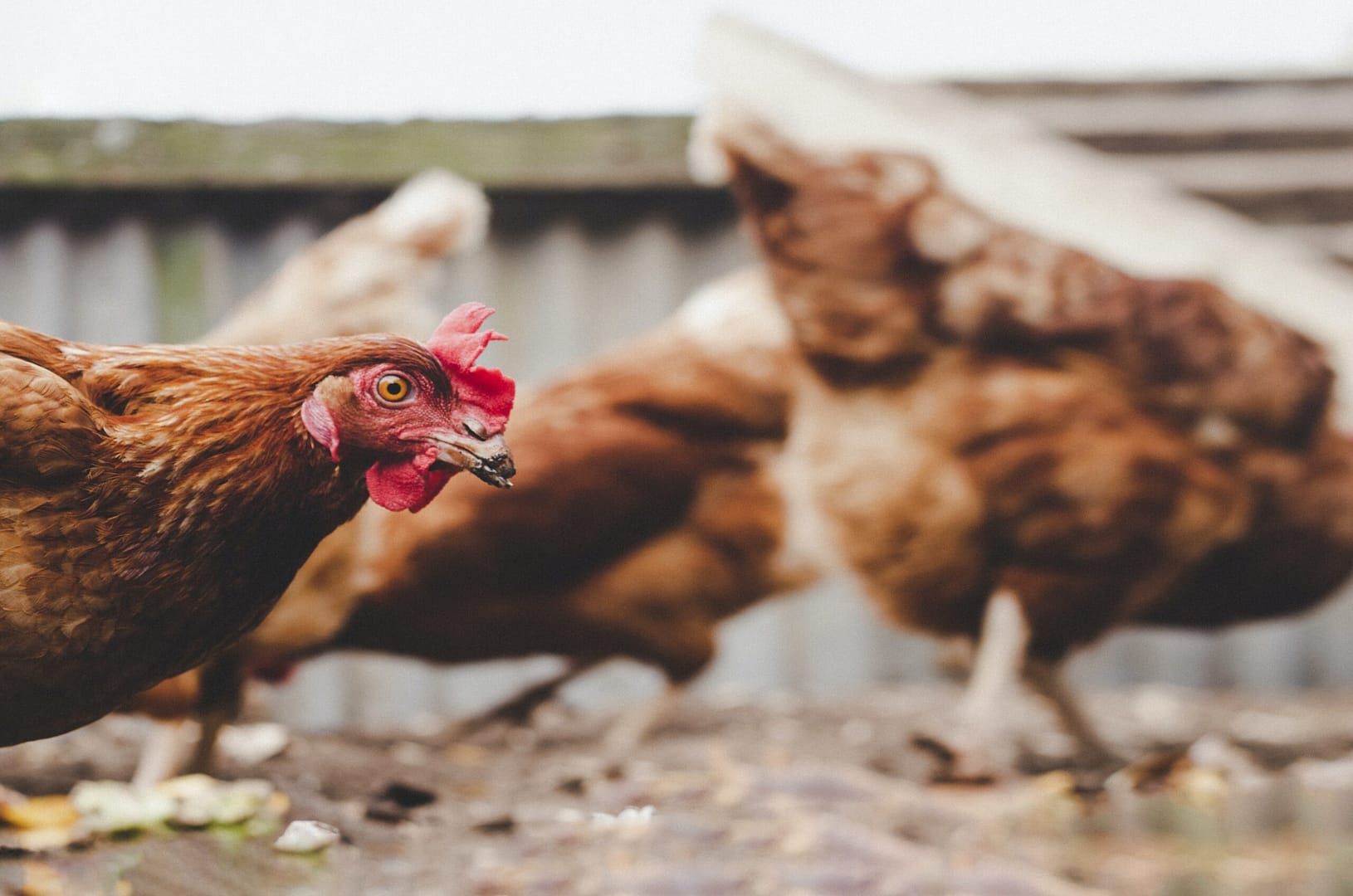Hot temperatures during summer can be detrimental to both our health and our pets. Intense sun, humidity, and high temperatures can lead to heat stress and other heat-related health issues.
Many animals have natural methods of combating heat-related issues… One such method is sweating.
Why do animals sweat?
Sweating is a natural mechanism that allows animals (and people) to better regulate their body temperatures, specifically by helping them cool off.
Animals that sweat have multiple sweat glands located throughout their bodies. Often these glands are located in areas where higher levels of body heat are generated such the head, hands, and feet. When the body gets too hot, the brain sends signals to the glands telling them to secrete sweat. As fluid (mostly water) is released from the sweat glands, it evaporates which helps keep their skin cooler – known as evaporative cooling.
Some animals that are capable of sweating include: dogs, cats, horses, donkeys, zebras, hippos, monkeys/gorillas/chimps etc.
Sweating can be a fairly efficient way for animals to cool off in summer, though it requires extra hydration in order to be effective.
However! Not animals are capable of sweating.
So, do chickens sweat?
The answer is… no!
Chickens, unlike humans and some other animals, do not possess sweat glands and are therefore unable to sweat. This unique characteristic of chickens is attributed to their evolutionary adaptation as birds.
Instead of sweating to regulate their body temperature, chickens rely on other mechanisms to stay cool. They engage in behaviors such as panting and seeking shade to dissipate heat.
Additionally, chickens have a respiratory system that plays a vital role in cooling their bodies. By rapidly breathing and circulating air through their lungs, they release excess heat through evaporation. This process helps chickens maintain their body temperature within a comfortable range, even in warm environments.
Although chickens don’t sweat like humans, they have their own remarkable ways of coping with heat and ensuring their well-being.
Ways chickens naturally keep cool.
- Panting – While chickens don’t sweat, they can pant, much like a dog or other animal does to cool off. Doing so allows
- Wing Spreading – chickens experiencing heat stress will often lay low and extend their wings out from their bodies. This helps get some air flow and let heat escape from their sides.
- Dust Bathing – Digging holes and throwing dirt all over themselves is another way chickens help keep themselves cool (and pest free). The dirt and debris helps add another layer of protection from the suns rays and can often dissipate heat better than just their feathers can.
- Large Combs & Wattles – While chickens with large combs and wattles are more likely to get frost bite during winter, the opposite is true in summer. Larger combs and wattles allow chickens the ability to dissipate some of the moisture in their body which helps them stay cooler.
- Feather Color – Chickens with lighter colored feathers will naturally stay a big cooler than chickens with dark-colored feathers. Light grays and whites are much better able to handle the sunny hot weather of summer.
- Staying in Shade – When it’s hot and sunny outside, plenty of shade can provide the right amount of relief from the heat. During summer you may notice your chickens naturally gravitating and staying in the more shaded areas.

How to keep your chickens from getting overheated?
I go much more in-depth regarding heat stress and how to avoid it in this post –> [How to Protect Your Chickens from Heat Stress During Summer]
But the short and skinny of it is to:
- Hydration – Provide access to plenty of clean water. You can also provide shallow water pools for them to walk in.
- Shade – Have several different shaded areas for your chickens to get out of the sun. This is especially important if your chickens are contained within a coop/run area and aren’t free ranging. When possible, make sure you build your coop in run near areas with some shade (but not fully shaded). Examples include trees, shrubs, awnings, their coop, tarps, etc.
- Ventilation – Ensure coop is well ventilated.
- Cold Consumables – Feed your chickens cool or cold snacks. You can also add ice cubes to their water to help it cool. As they eat/drink it’ll help cool them off from the inside. (Remember to keep treats in moderation)

